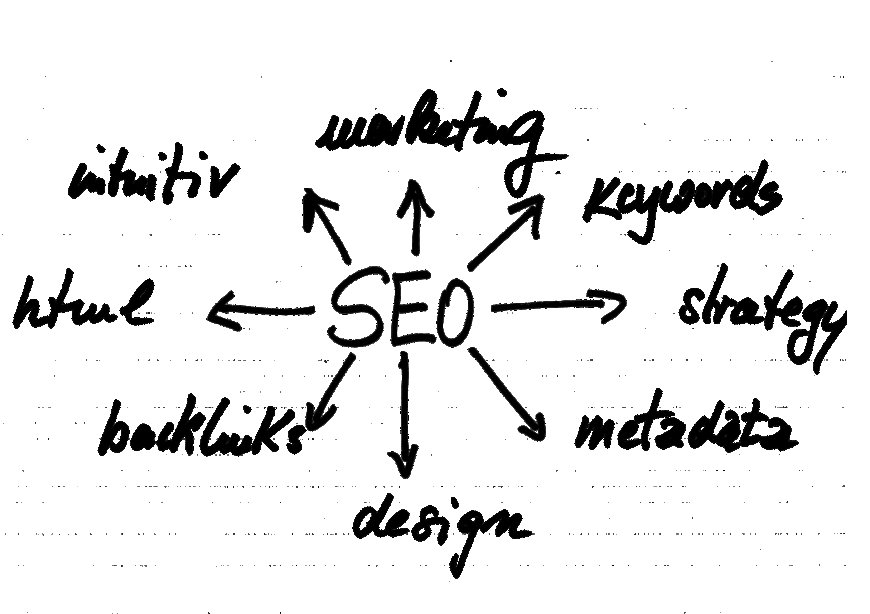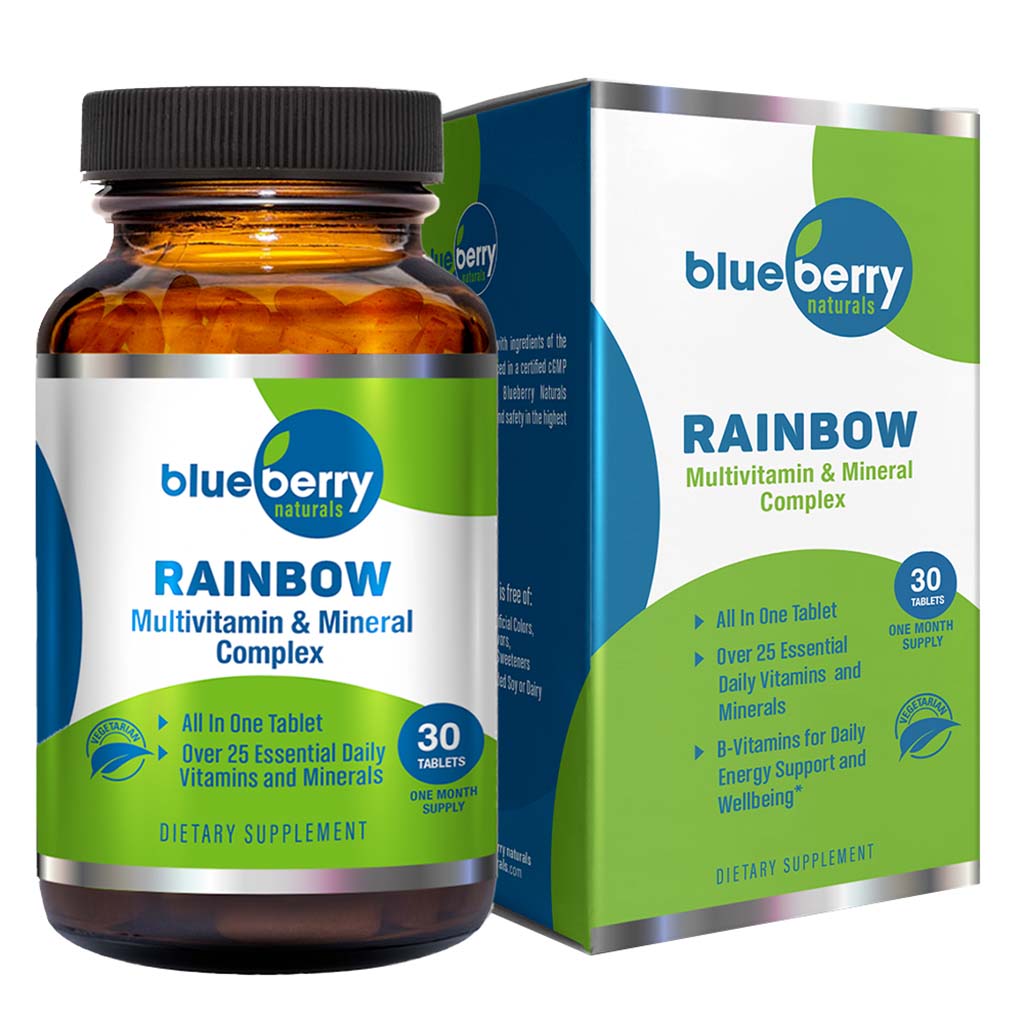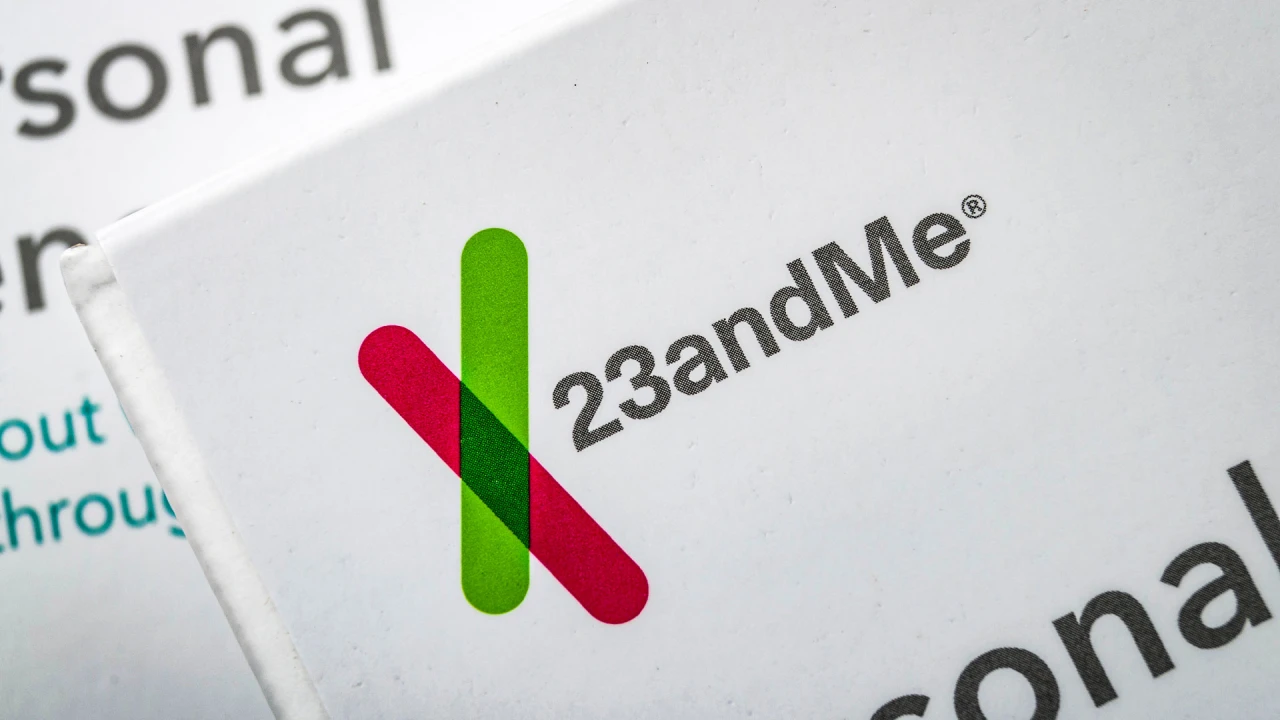How to do local seo for Dubai UAE Region
How to do local SEO for Dubai UAE Region.

What is local SEO?
Thinking about the case of real estate agencies in Dubai, such terms are characterized by the searches: real estate agencies in city x or properties for rent/purchase in city x in neighborhood y.
Therefore, corresponding to these searches makes your brand increase its local authority.
Here is another fact that we need to pay attention to when we talk about Google searches: data shows that almost half of the searches made on Google have local intent.
So, when we think about this, we reinforce even more the importance of SEO for real estate agencies Dubai, because corresponding to these searches creates the opportunity to attract more and more people to your business.
How to do local SEO for real estate agencies?
Local SEO strategies encompass not only good SEO practices in general, but also specific aspects that reinforce the location where the real estate agency in UAE operates. Below, we will point out the main paths to success for this strategy.
Start by optimizing On-Page SEO:
On-Page SEO refers to optimizations that are implemented on the website page and that are visible to users.
Important items for On-Page SEO:
Below, we will list the essential items in on-page optimizations for real estate websites in Dubai.
Content:
Content is a key factor in an SEO strategy. Whether on the website's institutional pages or on blog pages, for example, the quality with which the content needs to be delivered is the main factor. Therefore, when we look at the content of a real estate website, we need to consider:
– Keyword research to understand what your audience would like to find;
– Creation of rich content that addresses all possible pain points of your audience;
– Do not copy content from other websites;
– Create excellent property descriptions;
– Focus whenever possible on regional content, bringing up topics related to the region where the real estate agency operates;
– Create an optimized title (blue link that appears in Google results) and meta description (short text below the blue link) focused on the region where the real estate agency operates;
– Have optimized heading tags, that is, create an adequate hierarchy of topics in the content of the website pages, correctly using the h1, h2 tags and so on.
2. Images:
After analyzing dozens of real estate websites here at , one point caught my attention: the lack of care with the images that make up the pages. Both on institutional pages and those specifically for properties, they need to include some essential points:
– Have an adequate size (weight): ideally, images should be smaller than 100 kb;
It is not visible to the user, but it is important because it improves the accessibility of the website – for the visually impaired, the images are ‘read’ by screen readers – and for Google, it can reinforce strategic terms for the business (keywords).
However, this is a limited resource. In some CRMs there is no field for inserting alternative text when registering property photos;
– Have a file name: this is a point that is often neglected by real estate agencies.
In this case, the recommendation is that the image files do not have generic names such as image00041.jpeg, but rather strategic names that reinforce the type of property, intention (purchase or rental) and, of course, the location..
This care can bring benefits in the ranking of images on Google.
3. Structure of search results pages:
We call search results the pages resulting from the selection of filters in the website's search engine. They need to be configured in a way that responds to searches that users also make on Google. Click Here for Real Estate SEO Services in Dubai
In other words, if the user searches on Google for an apartment to rent, it is important that the page contains these terms to increase its chance of ranking.
To do this, the page title, H1 and URL need to be dynamic according to the selected filters.
Example of a search results page for a real estate website optimized for SEO
We would like to emphasize that in this case and on other pages on the website, the URL must be user-friendly, that is, it must not be constructed with strange characters. URLs are very important elements and are one of Google's more than 200 ranking factors.
It must clearly indicate to the user what the content of the page is about, be concise and also present keywords.
So far, I have presented the main points that need to be addressed when we think about the visible elements on the page in a local SEO strategy.
Next, I will address the main points when considering elements outside the website.














































































































![Building A Digital PR Strategy: 10 Essential Steps for Beginners [With Examples]](https://buzzsumo.com/wp-content/uploads/2023/09/Building-A-Digital-PR-Strategy-10-Essential-Steps-for-Beginners-With-Examples-bblog-masthead.jpg)
















































